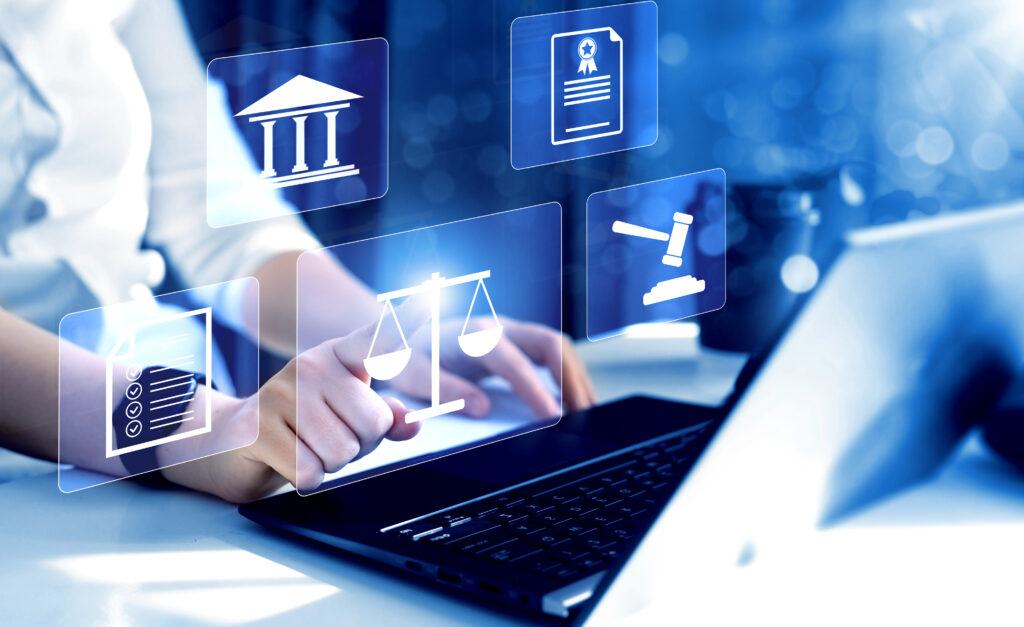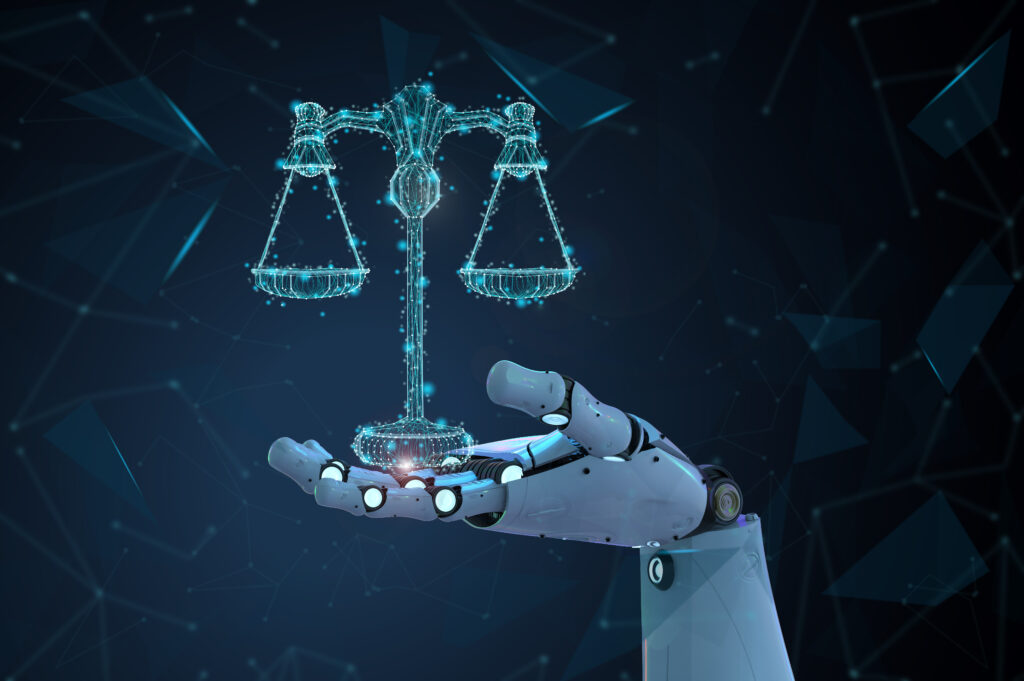Artificial intelligence is reshaping corporate practices. Have you been paying attention, business lawyers?
AI is no longer a niche topic for startups and technologists. From boardrooms to back offices, AI is changing how businesses operate, analyze, and compete...but with every breakthrough comes a new wave of legal implications.
For business lawyers, AI presents an unprecedented challenge: how to counsel clients in a world where the rules are evolving as fast as the technology. Because staying informed is no longer optional; it's essential.
Now read on to find out just how exactly AI and business law intersect...

What AI Means for Today's Businesses
Despite the technology not yet being perfected, AI is already being used to streamline hiring, enhance customer service, predict market trends, automate contract review, and even draft investment memos. But these efficiencies come bundled with new legal risks.
One of the biggest concerns is data privacy and cybersecurity. After all, AI is trained on existing data. How ethical is it to use someone's data in order to train this new technology? Through this existing data, AI has already picked up patterns of bias and discrimination in its algorithmic decision-making. Should it really be used for such things when it already hosts so many imperfections? Who is liable when AI tools fail or misfire?
Many businesses are also choosing to save money on assets by using AI to generate imagery and advertising, raising the question...who owns the IP when AI generates the content? Many consumers view this unfavorably since it takes jobs away from artists and other creatives. These are just a few of the major issues raised by the presence of AI within the corporate world.
Business lawyers are now on the front lines of interpreting, negotiating, and future-proofing deals and policies that involve artificial intelligence. And the questions are only getting more complex. It's your duty to stay on top of this evolving technology so that you can be prepared for anything.

The New Legal Skillset
It’s no longer enough to be fluent in Delaware corporate law or UCC provisions. Today’s business lawyers must also understand the basic architecture of AI systems, be able spot AI-related risks in commercial transactions, and advise clients on ethical and compliance frameworks. They say knowing is half the battle, and knowing what questions to ask when reviewing contracts or assessing regulatory exposure will get you far. From there, you'll be able to guide your clients more effectively.
The world isn't trying to turn you into a software engineer—just a more knowledgeable legal advisor. Automated decisions carry especially high stakes in sectors like healthcare, finance, or employment, and it's your duty to prepare for all of it.
If navigating a patchwork of shifting AI regulations all while staying current on the latest laws is intimidating for you, have no fear. That's what PBI is here for. We strive to bring you the timeliest topics so that you can stay at the forefront of these emerging developments.

The Future is Now
AI isn’t coming. It’s already here. And it’s transforming every aspect of the business world, including the legal frameworks that govern it. Smart lawyers aren’t just watching from the sidelines—they’re engaging with the technology, advising clients thoughtfully, and preparing for what’s next.



